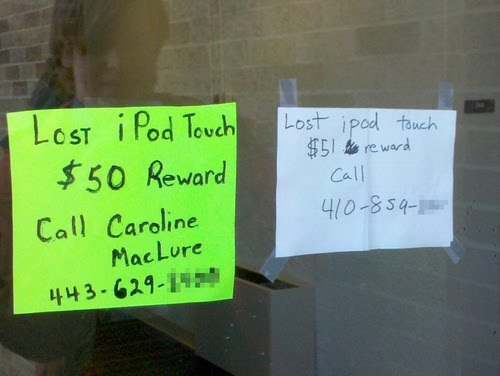For this story about the effect of economics in one person’s life, we thank guest author Elena Fernandez Prados for sharing an extract from her new book, Economics through Everyday Stories from around the World. ISBN 978-1523296415
Rachid Benchekroun is a software engineer from Casablanca, Morocco’s largest city. Rachid works for a technology company developing computer games and lives in an elegant villa around the corniche (waterfront promenade), one of Casablanca’s fanciest neighborhoods. But life has not always been easy for Rachid, and at the age of twenty-five, he feels that he has come a long way in life.
Rachid grew up in Casablanca’s suburbs, in a small one-bedroom apartment that he shared with his parents, his three siblings, and two of his cousins from the village. Abdel Karim, Rachid’s father, was a mechanic, while his mother, Fatima, was a homemaker. From an early age, Rachid learned the value of hard work. He attended school in the mornings and helped his father in the garage in the afternoons, oiling engines and pumping tires. At night, Rachid did his school homework diligently under a kerosene lamp. “Study hard, young boy,” his father often reminded him, “for it is the only way that the son of a mechanic from Chefchaouen can become someone in life.” (more…)

